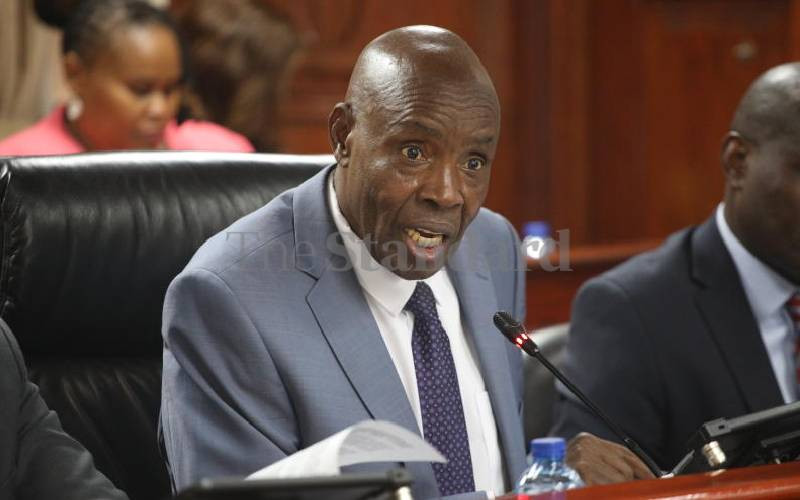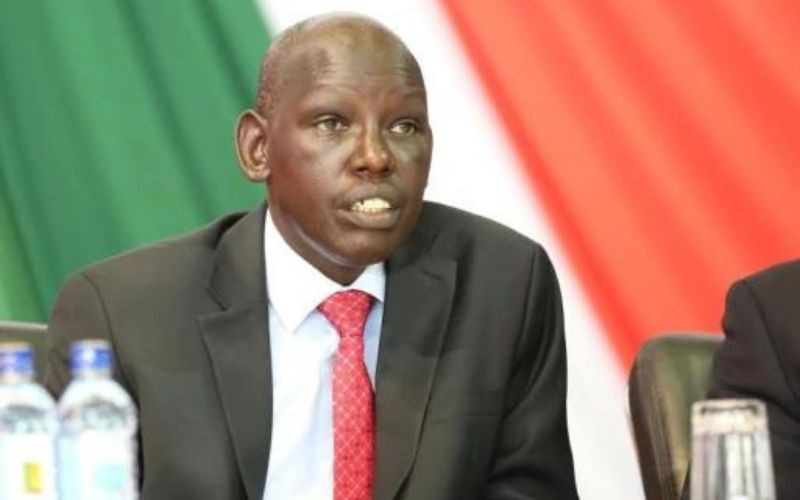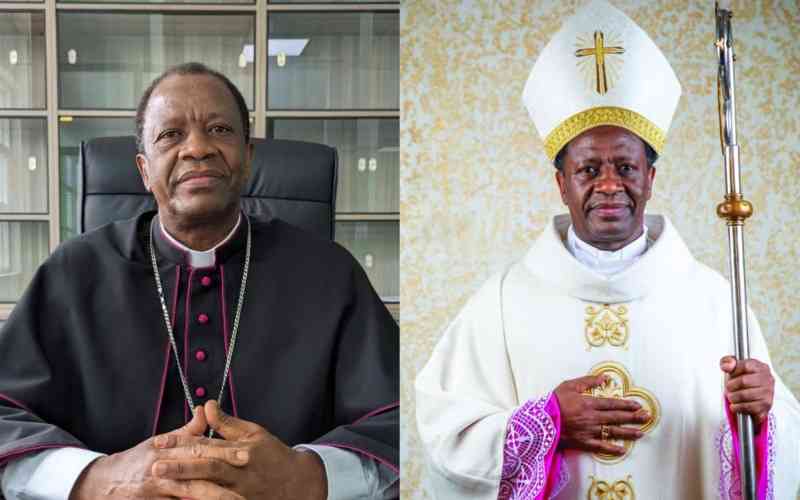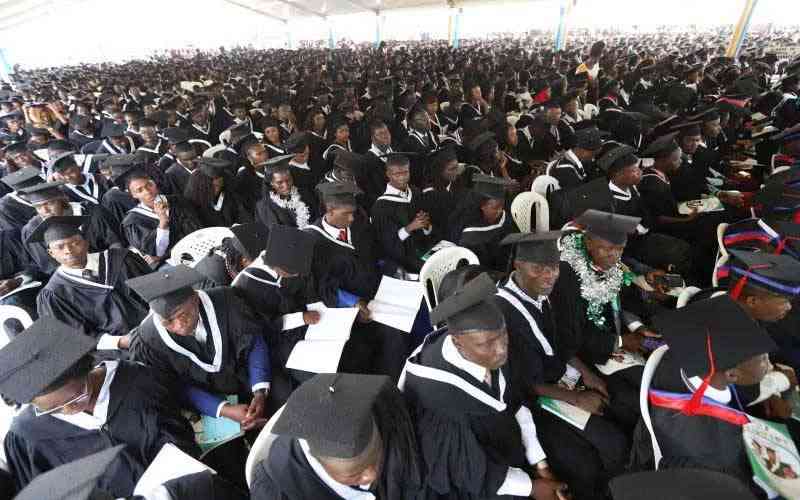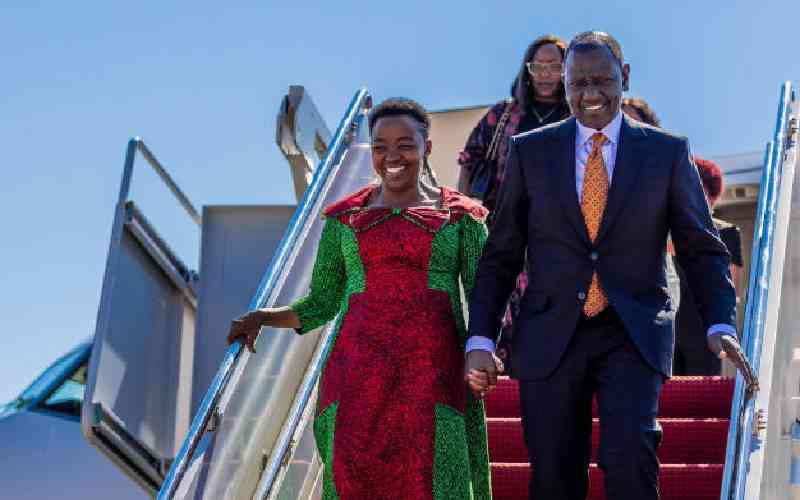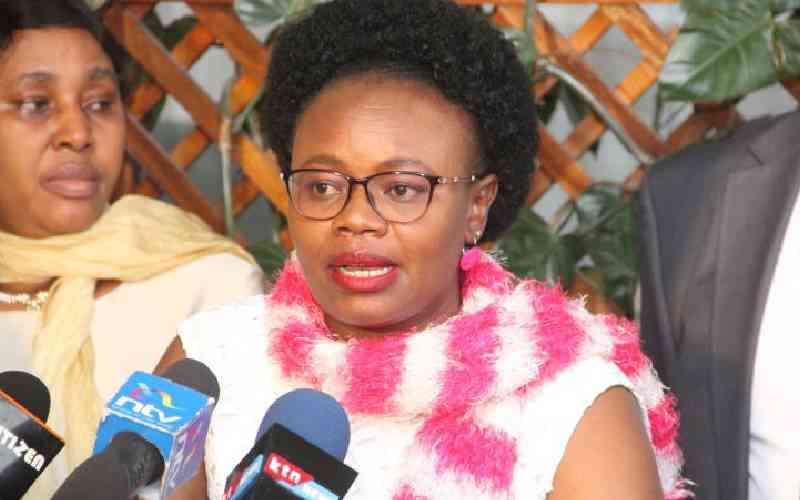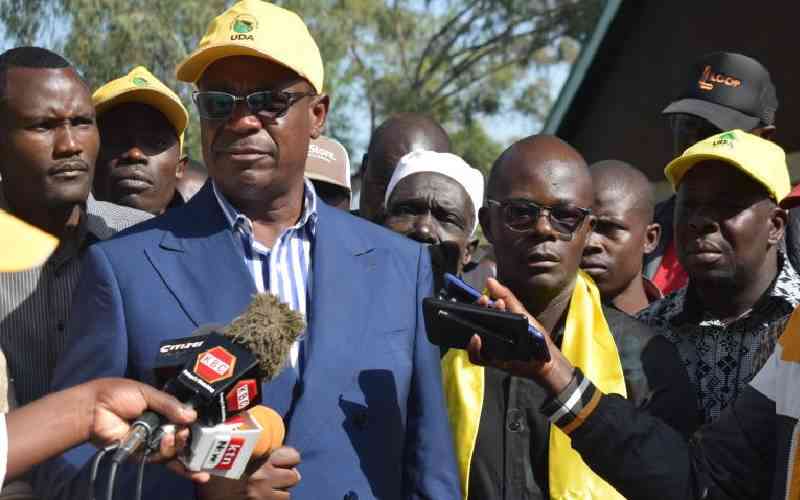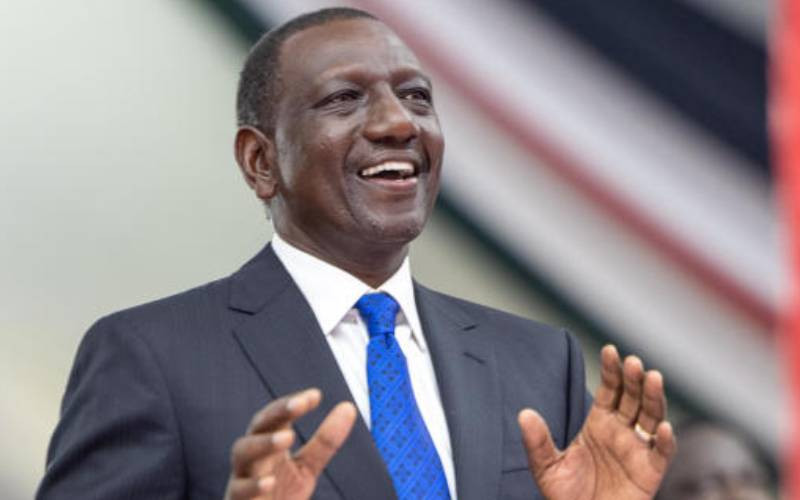‘It must be remembered that the purpose of education is not to fill the minds of students with facts… it is to them to think, if that is possible, and always to think for themselves’. Robert Hutchins
A basic feature of the Curriculum Reform initiative that the Ministry of Education is spearheading is that dominance of examinations will be scaled down.
The emphasis on educational outcomes—that is, the knowledge, skills, attitudes, and values that learners need to be successful in work, family, and community—will, more than ever before, be the focus of the education policy makers going forward.
Examinations
The frequency of examinations—both internal and external—will be scaled down to allow an educational environment that nurtures, that develops the abilities, talents and interests of every learner.
One of the outstanding features the Report of the Special Investigation Team on School Unrest in 2016 cited congested school routines in some of our secondary schools as one of the factors that triggered students’ unrest during second term in 2016 calendar year.
“The programmes for the whole term were also composed of too many examinations baptized as Opener, Random Assessment Test (RAT), end term, supplementary, Joint mocks etc.,” the report, which was officially handed over to Education Cabinet Secretary Fred Matiang’i by a member of the team, Dr Grace Mullei, observes in part.
By the time most students are released for half term, they have sat for midterm Continuous Assessment Tests (CATS). What purpose, if any, does an examination immediate after half term serve?
One of the basic functions of education is to teach students to think—to think about basic issues that mankind grapples with and think about these issues critically and analytically. It is not about filling or stuffing their minds with facts important though they might be in providing the raw material for thinking.
The concern of every teacher and every school is not how much children can remember in an examination, but how well they can think. And thinking is a product of how thorough teaching and learning has taken place. That is what great educationists and great education systems focus on. And by all accounts, our basic education system— in its education policy architecture, standards, curricula, examinations—is great. The curriculum of our education system has depth and breadth: Hallmarks of a great system that is hailed by universities in the West where our students have joined on their own volition, and through framework such as Equity Bank.
We should build on this and ensure that we expose our students to the rich experience that curriculum developers had in mind. This is knowledge, skills, attitudes and behaviours.
Care, patience and method in delivering this ultimately develops in the students not just a love for knowledge for its sake, but also the critical thinking skills and knowledge that the curriculum envisages students to have: attributes that all educated people need in the family and work and also to navigate changes that will inform the environment he will live and work in.
All that we require is the effective and stress-free delivery of the curriculum, and, voila, you will see intelligence, talent and character sprouting, like flowers in a garden, in our schools. Our schools have the capacity to mould our students into thinkers.
It will not be about how much a learner knows or can remember. Education is more than the command of the prescribed curriculum or content, students study in formal schooling.
The practical world wants an all rounded educated person. It wants people who can, besides being able to read, learn and remember; reason, and pay attention. They must have patterns of thought, feelings and behaviours that contribute meaningfully to society.
Stay informed. Subscribe to our newsletter
Learning labs
The open world provides a laboratory to help sharpen these skills. That is why school holidays in April, August and December will be seen as part of the curriculum and not disruption of the curriculum.
Holiday breaks to learning, unencumbered by threats of an examination upon reporting to schools provides a perfect “open classroom and laboratory” to continue learning and applying the skills students are being taught in school.
It is not simply things we stuff into our minds that make up an education. Rather it is those facts and knowledge, well understood and integrated in our minds, character and personality that make the difference, the great difference, between thinking and a submissive mind.
That is what defines the ideals of our educational system. That is the cumulative objective of our national educational goals; to enable learners to ‘always think for themselves’.
Mr Buhere is the Communications Officer, Ministry of Education
 The Standard Group Plc is a
multi-media organization with investments in media platforms spanning newspaper
print operations, television, radio broadcasting, digital and online services. The
Standard Group is recognized as a leading multi-media house in Kenya with a key
influence in matters of national and international interest.
The Standard Group Plc is a
multi-media organization with investments in media platforms spanning newspaper
print operations, television, radio broadcasting, digital and online services. The
Standard Group is recognized as a leading multi-media house in Kenya with a key
influence in matters of national and international interest.
 The Standard Group Plc is a
multi-media organization with investments in media platforms spanning newspaper
print operations, television, radio broadcasting, digital and online services. The
Standard Group is recognized as a leading multi-media house in Kenya with a key
influence in matters of national and international interest.
The Standard Group Plc is a
multi-media organization with investments in media platforms spanning newspaper
print operations, television, radio broadcasting, digital and online services. The
Standard Group is recognized as a leading multi-media house in Kenya with a key
influence in matters of national and international interest.

